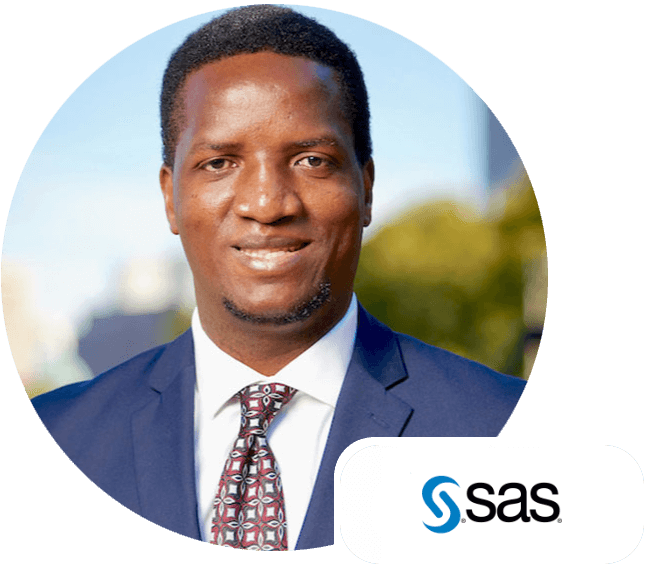Bio
As a utility transformation and innovation advisor, Dr. Joe Nyangon helps utility clients navigate the changing energy landscape and pressures of decarbonization, digital transformation, and decentralization. He has over 15 years of experience in the energy sector ranging from energy modeling and decision analytics, energy economics and policy analysis, infrastructure investment, risk pricing strategies, and data analytics and innovation. Working at the leading edge of electricity market design and regulatory innovation, he has advised utilities on how to implement alternative utility regulation and pioneering grid modernization models like the New York’s Reforming the Energy Vision (REV), Illinois’s NextGrid, California’s Energy Savings and Performance Incentive, Germany’s Energiewende, Australia’s Electricity Network Transformation Roadmap, and the U.K.’s RIIO (Revenue = Incentives + Innovation + Outputs)—Ofgem’s framework for setting price controls for utility network companies operating in the electricity and natural gas markets in Great Britain. He has evaluated resource adequacy and capacity market design models that blend renewable energy and natural gas resources to incentivize DER (distributed energy resources) development and help deliver competitive ROI (return on investment) for customers.
Prior to joining SAS, Dr. Nyangon was a Postdoctoral Researcher in Energy Economics and Engineering Systems at the Center for Energy and Environmental Policy, University of Delaware. He holds or has held, academic affiliations at Columbia University, the Payne Institute at the Colorado School of Mines, the Initiative for Sustainable Energy Policy at Johns Hopkins University, the Center for Energy and Environmental Policy at the University of Delaware, and the Foundation for Renewable Energy and Environment. He has published over 60 publications and serves on the editorial boards of the Smart Cities and Society, Sustainability, and Energy Research and Social Science (IF: 4.77) journals. Previously, he was a consultant at the United Nations in New York and is a TED Fellow.
Dr. Nyangon holds a Ph.D. and two master’s degrees focusing on energy systems engineering, computing systems, and energy economics and energy policy from Columbia University, University of Delaware, University of Greenwich, and earned a bachelor’s degree in engineering. In addition to his scholarly activities, he is an active member of IEEE, INFORMS, USAEE, IAEE, and Project Management Institute.

